Episode 169: Revitalizing Northeast Cities; A Charcoal That Could Ease Climate Change
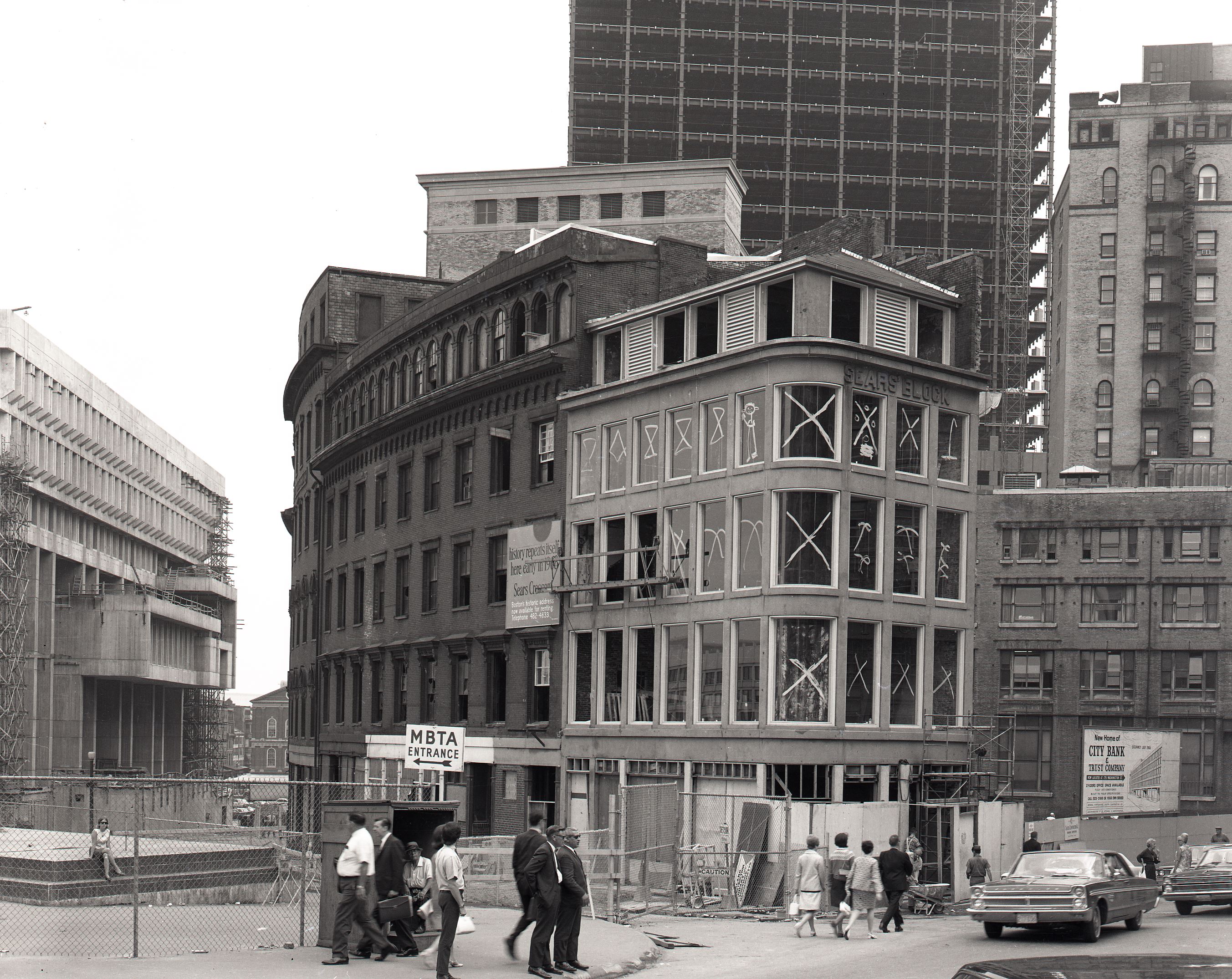
The Sears Crescent Building at Government Center in Boston, Massachusetts was preserved during urban renewal projects in the 60s and 70s. (Courtesy of Boston City Archive)
Pittsfield, Massachusetts took a major hit in the ‘80s when General Electric downsized, taking thousands of jobs with it. This week on NEXT, we look at revitalization efforts there. And the story of an urban planner who helped shape some New England cities. Plus, all the ways biochar can ease climate change and pollution, and the pros and cons of wood heat.
How A Town That Lost Thousands Of Jobs Is Reinventing Itself
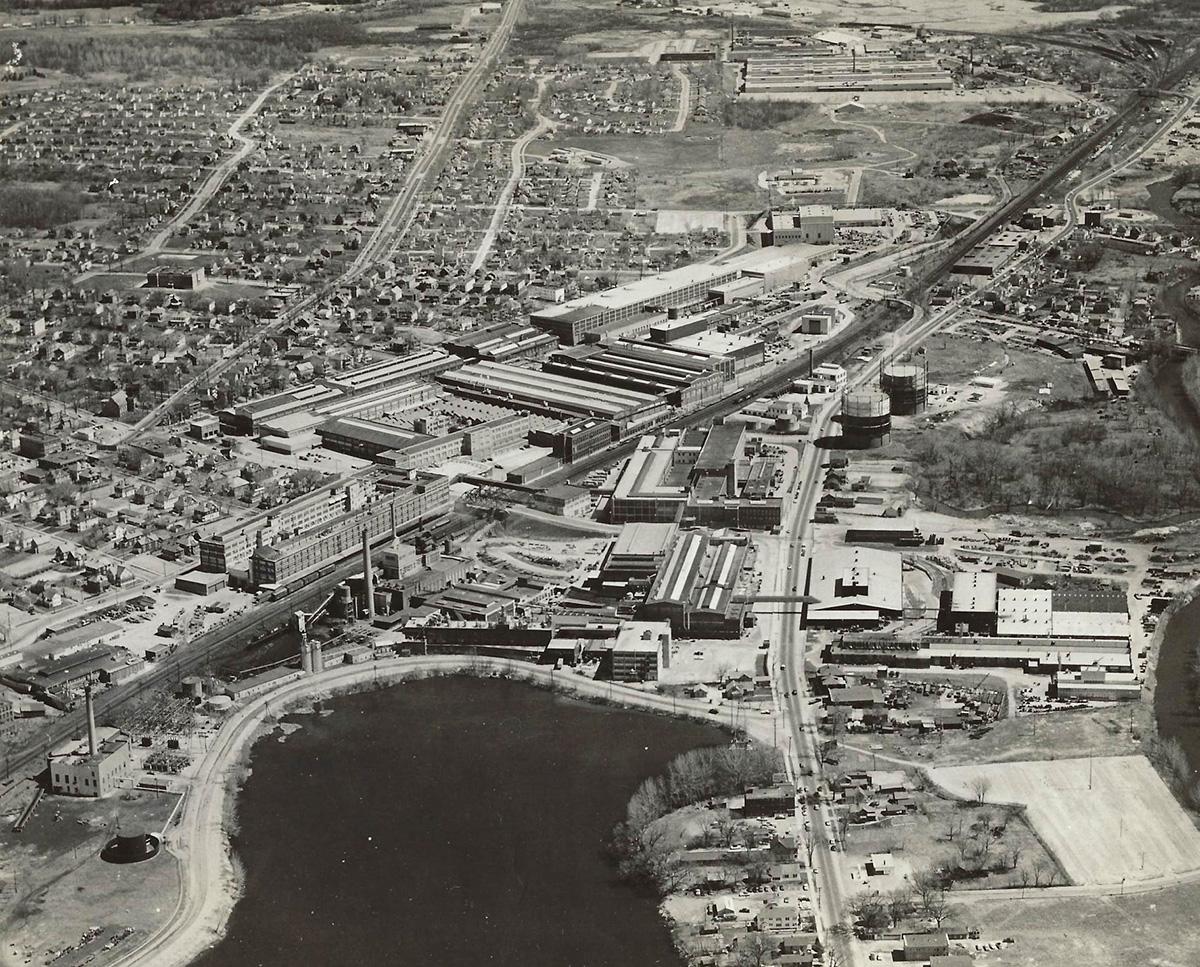
The General Electric plant in Pittsfield, Massachusetts in the 1940s. General Electric began downsizing in the ‘80s, taking some 14,000 jobs with it. (Courtesy of The Berkshire County Historical Society, Pittsfield, Massachusetts)
General Electric has left a big legacy in New England. The conglomerate was headquartered in suburban Fairfield, Connecticut for four decades. Then it announced it was pulling up roots and moving to Boston –lured by incentives from Massachusetts. But facing financial troubles, the company said earlier this year it would scale back its planned Boston headquarters and return nearly $90 million in incentive money to the state.
If these two towns feel jilted by General Electric, think about the impact the company had on the city of Pittsfield. Nearly 14,000 people worked at its plant in the Berkshires, but when those jobs went away, the city faced a problem: how to grow the economy without relying on another G.E. Hear how Pittsfield is tackling that question.
“Saving America’s Cities:” A Book About Northeast Urban Renewal
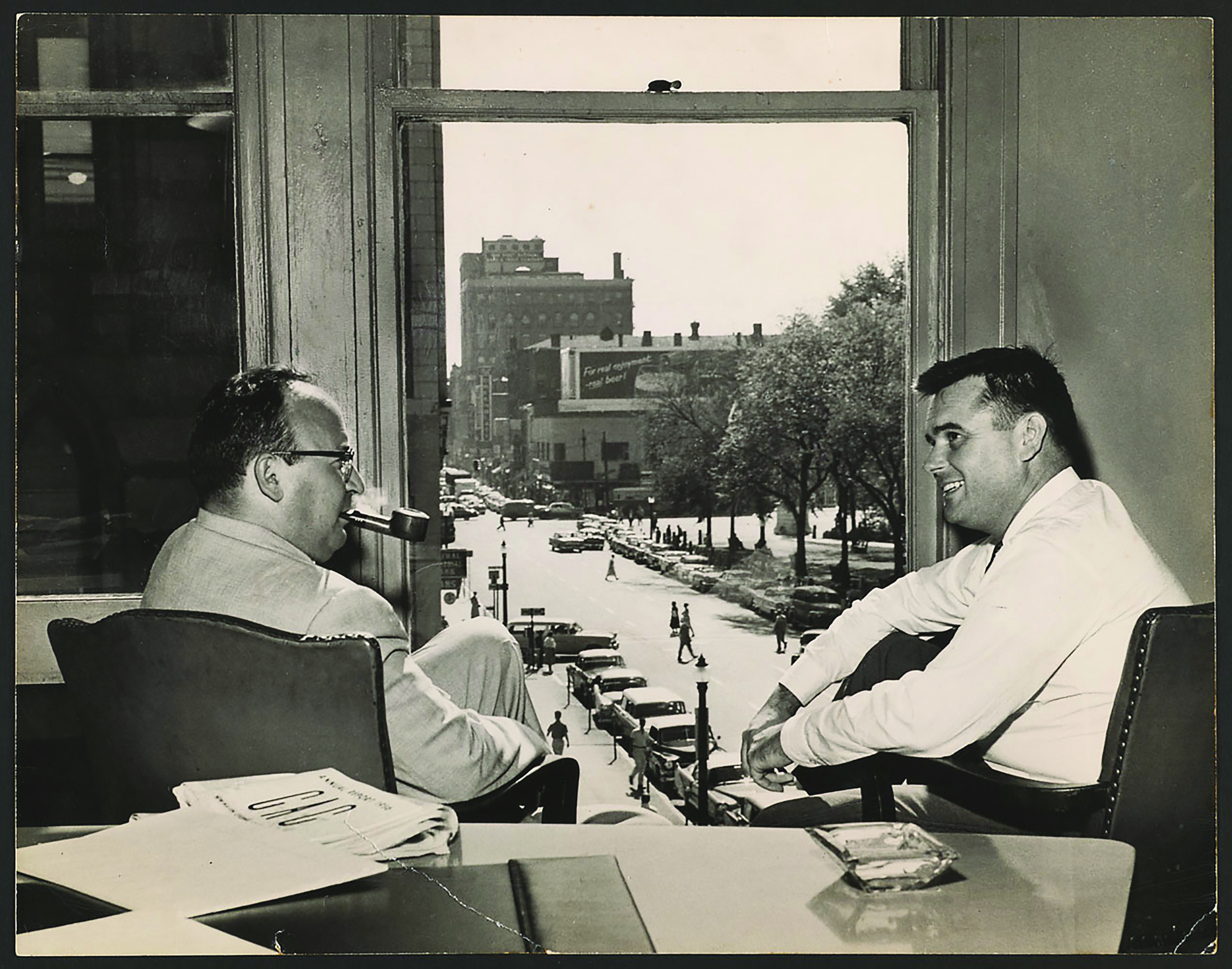
Urban planner, Ed Logue, with Redevelopment Deputy Ralph Taylor in offices in New Haven, Connecticut. (Courtesy of H. Ralph Taylor)
Ed Logue is a name you probably don’t know, but if you’ve spent any time thinking about how American cities changed in the last half of the 20th Century, Logue played an important role. A city designer who began his work in the 1950s in New Haven, Connecticut, Logue oversaw massive “urban renewal” projects in Boston and New York that reimagined struggling cities as more modern and more prosperous.
In her new book “Saving America’s Cities: Ed Logue and the Struggle to Renew Urban America in the Suburban Age,” author Lizabeth Cohen uses Logue’s story to tell this history and give a new perspective on what he and others behind “urban renewal” projects- were trying to do.
Upending Negative Stereotypes About Apartment Complex Communities
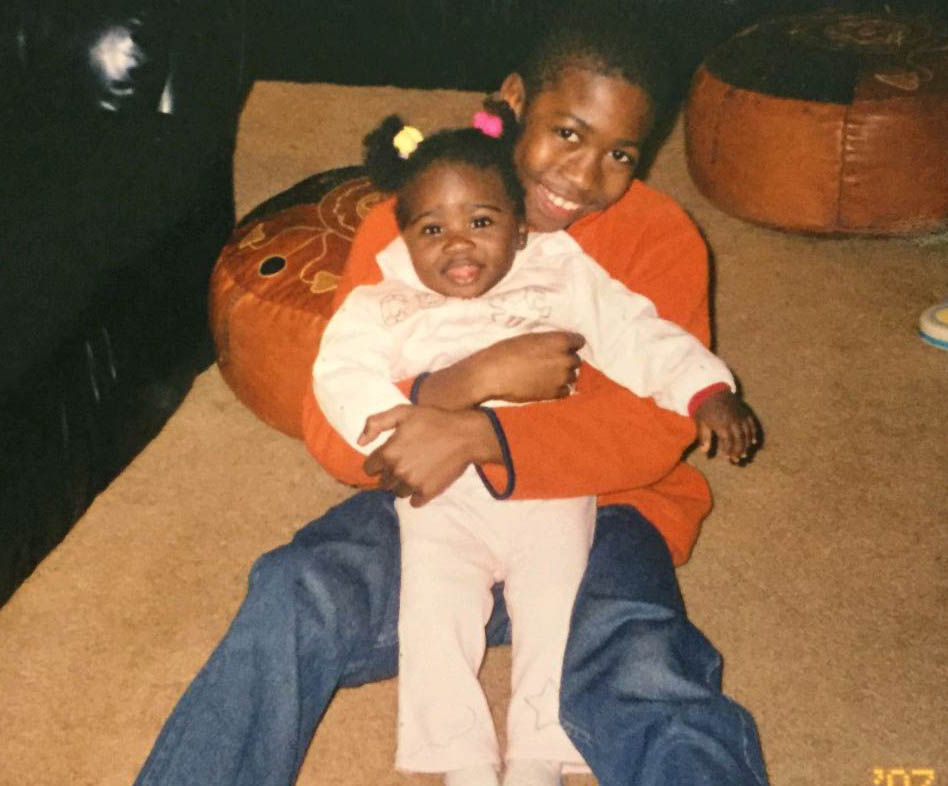
Abdul-Razak Zachariah and his younger sister in their apartment at Terrace Heights in West Haven, Connecticut. (Courtesy of Abdul-Razak Zachariah)
The new children’s book “The Night Is Yours” by Abdul-Razak Zachariah captures a snapshot of life growing up in an apartment complex. This is Zachariah’s first book. It’s based loosely on his childhood – with his sister as inspiration for the main character. They grew up in an apartment complex in West Haven, Connecticut. Zachariah describes it as a diverse and vibrant community where people looked out for each other.
Biochar to the rescue
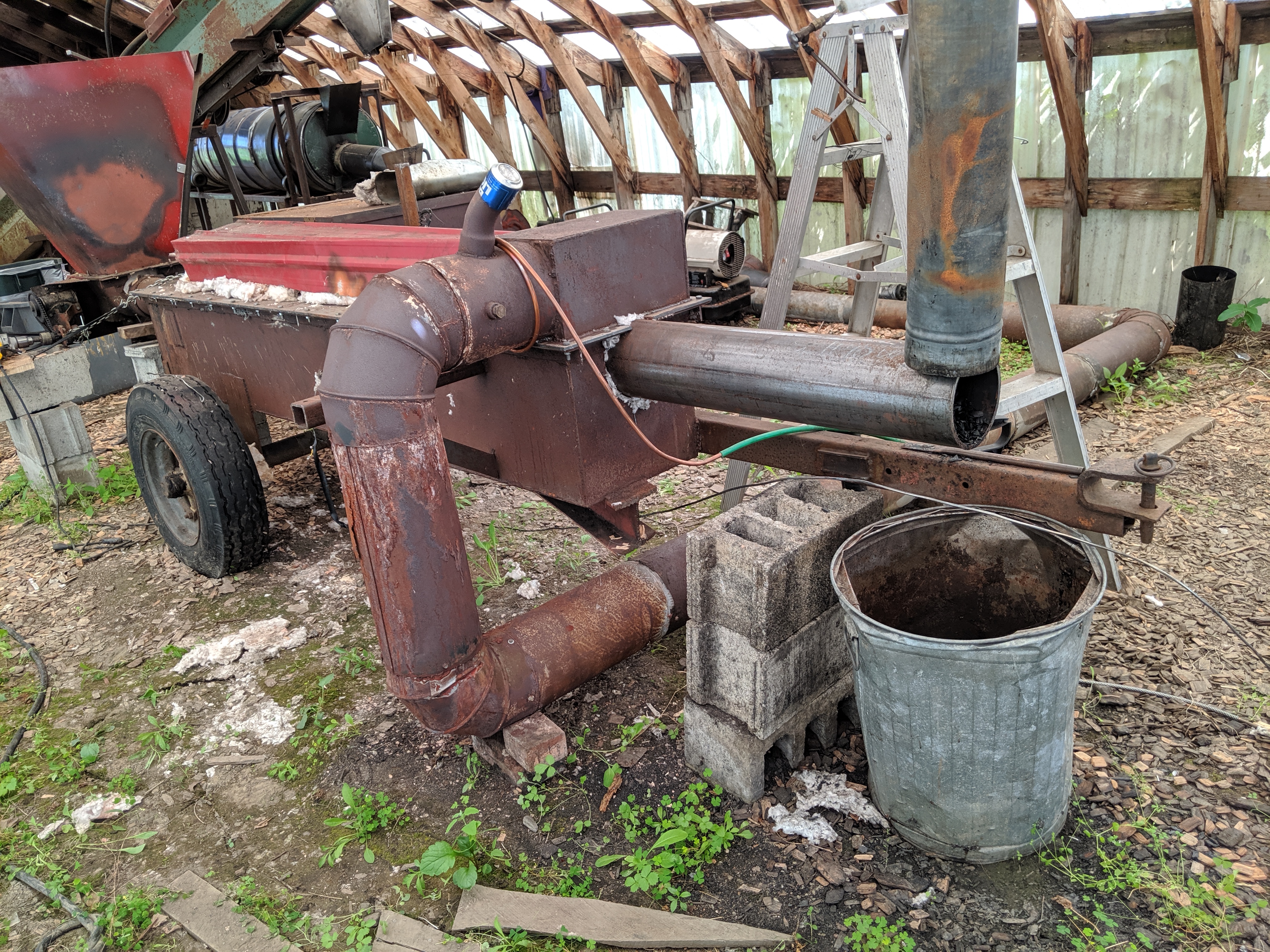
Green State Biochar’s kiln. (John Kalish)
There’s this product called biochar that’s supposed to help ease climate change and pollution. It’s a form of charcoal, but it’s not used as a fuel. It’s used to sequester carbon, improve soil quality and keep agricultural run-off out of waterways. Biochar can be made from straw, husks, wood chips, landscaping waste or even manure and sewage sludge. Around the globe, it’s solving some big problems and some small ones.
Also, on this week’s show:
NEXT is produced at Connecticut Public Radio
Host: John Dankosky
Producer: Morgan Springer
Digital Producer: Carlos Mejia
Senior Director: Catie Talarski
Contributors to this episode: Nancy Cohen, Jon Kalish, Emily Corwin and Angela Evancie.
Music: Todd Merrell, “New England” by Goodnight Blue Moon, “Prologue” by The Mallett Brothers Band and “On My Way To You” by Noelle Micarelli.
New to NEXT? You can find every episode or one you missed within our archives.
We need your feedback! Send critiques, suggestions, questions, and ideas to next@ctpublic.org. Help us spread the word! If you like what you hear, rate and review us on iTunes.
